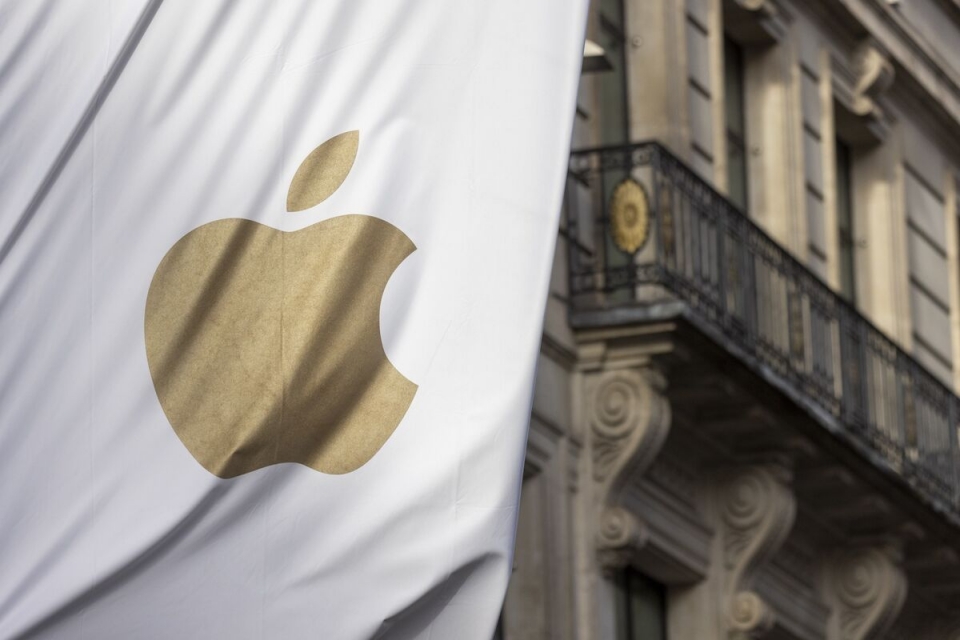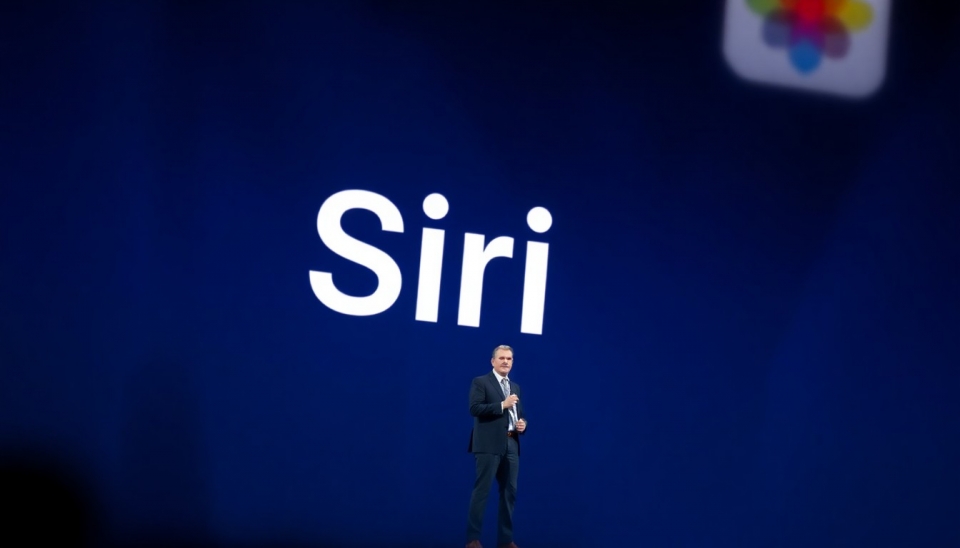
There is a significant change in the regulatory approach, which is visibly noticeable in Apple Inc.'s current fight with the European Union (EU) for more layout visibility in its iOS operating system. This petition can lead the tech giant to permit other apps and services to the iPhone's core functions as a result of the rise of the competitors in the iOS ecosystem.
The EU's main worrying factor is Apple's tight regulation of its devices and software. Detractors, for one, argue that the exclusivity is the reason for crowding out competitors, fewer consumer choices, and lack of innovation. The warning is part of the EU's broader plan of controlling the digital market in a fair way of competition.
To be more specific, the command is supposed to weaken Apple's hold on app distribution. Apple operates as the only store for downloading and using third-party apps, as opposed to Google and Windows, which have the option of using multiple app stores. Consequently, this is customarily the most heatedly-debated issue, with Apple making headlines for the 30% commission it collects on every in-app purchase made.
So, if the company consents, the preference should be given to the creation of alternate marketplaces on devices and a mandate to developers to use their own payment systems. This might actually disrupt the currently very closely connected system that the company provides where people can easily connect hardware, software, and services.
How Apple will deal with this new regulatory challenge is an unwritten question. Nevertheless, the company has in the past argued that its closed ecosystem is what keeps the user safe from prying eyes and leaves their personal information unexploited. Thus, Apple can find a new solution to the problem by mentioning that establishing a close system can be a good way to make sure that there is no increase in malware or phishing that can be caused by iOS's hacking.
It is crucial to note that this warning is timed. In fact, the EU’s requirements come just as Apple is preparing to introduce its new iPhone models, which are expected to be more integrated into the operating system and services. Thus, this puts Apple in a predicament. It has the option of either following the directive and damaging the long-established ecosystem, or of refusing and taking the route of getting substantial fines and regulatory measures from one of its largest markets.
The step taken by the EU reeks of stricter scrutiny by the regulatory bodies of major tech firms in the industry. Given that technology is more and more becoming a key part of our daily lives, the calls for transparency, fairness, and consumer rights are continually growing.
To sum it up, the EU's warning to Apple that it should change the iOS ecosystem introduces a potentially complete transformation period in the tech sector. Apple's response will undoubtedly drive the pace and set a bit of an example for other giant tech companies who will face similar scrutiny globally.
#Apple #EU #iOS #AppleRegulations #AppStore #DigitalCompetition #ConsumerRights #TechNews
Author: John Miller




